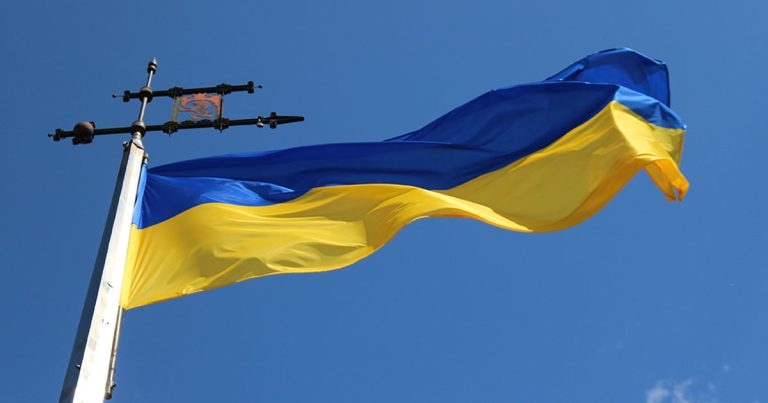28 Aug 2024
Association of Independent Meat Suppliers (AIMS) has called on Defra to intervene following an appeal for help from its counterpart body in the war-torn country.

Image: 9743366 / Pixabay.
A meat industry group has urged the UK Government to fund thousands of rapid testing kits to help contain an African swine fever (ASF) outbreak in Ukraine.
The Association of Independent Meat Suppliers (AIMS) has called on Defra to intervene following an appeal for help from its counterpart body in the war-torn country.
The department has confirmed it is aware of the issue, although it has not indicated what action it will take.
But AIMS officials believe investing now will reduce the potential risk of the virus reaching the UK’s shores later.
In correspondence seen by Vet Times, Tony Goodger, the group’s head of marketing and communications, wrote: “ASF in Ukraine could easily spread across borders and place a greater burden on mainland Europe which, in turn, could leave us susceptible to the disease’s entry to the UK.”
The association has requested funding to enable 10,000 test kits to be sent to Ukraine, at an estimated cost of around £70,000.
Officials from the Ukrainian Meat Industry Association said they do not currently have the capacity to carry out pre-slaughter ASF controls and the tests would help them to prevent the virus spreading beyond the country’s borders.
In his correspondence to Defra minister Baroness Hayman, Mr Goodger said his organisation appreciated that the provision of funding was “a big ask”, but noted that the UK had already provided more than £12 billion of support, including around £7.5 billion in military aid, since the Russian invasion in February 2022.
He added that “feeding the Ukrainian Army is every bit as important as arming them” and agriculture would be a vital part of rebuilding the country’s economy once the war ends.
A Defra spokesperson confirmed that Baroness Hayman, whose listed departmental responsibilities include border and biosecurity issues, had received the AIMS request and would respond “in due course”.
But fears about the threat ASF could pose to the UK have persisted for some time, though – particularly in the context of calls for increased investment in the APHA’s Weybridge headquarters, to ensure it has the necessary capacity to cope with large-scale disease outbreaks.
In a written answer, published last month, farming minister Daniel Zeichner acknowledged that the discovery of the virus in a wild boar in western Germany “represented a further move in disease distribution towards the United Kingdom, following similar movements elsewhere in Europe”.
Germany is one of more than 20 European countries where ASF cases had been confirmed since late January, according to Defra’s latest assessment of the virus published in mid-June, and one of 10 where the disease has been detected in both wild boar and domestic pigs.
The document assessed the overall risk of the virus being brought in through live animals and products of animal origin as a medium. But it also warned the risk was high for the entry of non-commercial imports amid evidence of illegal importation from parts of the EU affected by the virus.
Under current rules, pork products weighing more than two kilograms cannot be brought into the UK unless they are commercially packaged with an identification mark and produced to EU commercial standards.
In his response to a question tabled by the Conservative MP Charlie Dewhirst, Mr Zeichner said both Defra and its agencies were “prepared to rapidly implement import restrictions based on changing scientific and risk data”.